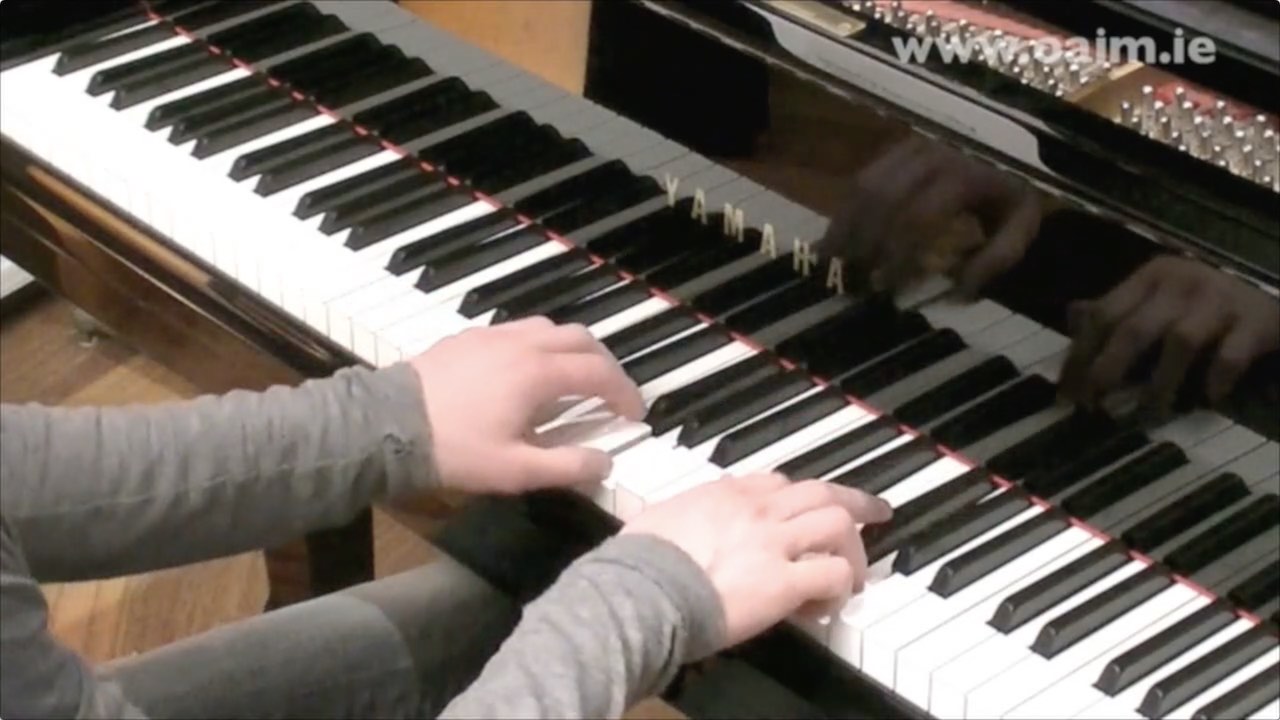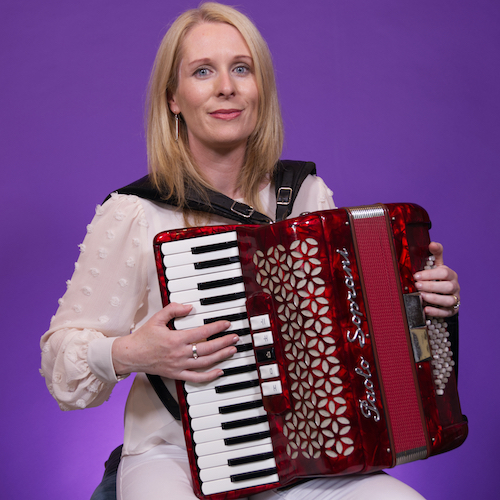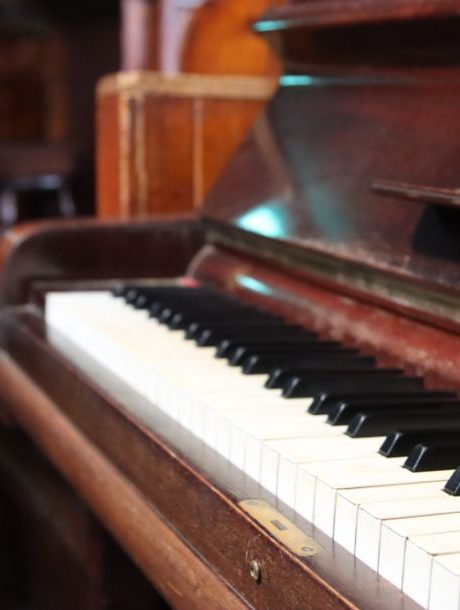Learn Piano Accompaniment for Irish Music
We are delighted to present to you two piano courses that teach both the melody and left hand accompaniment for a wonderful variety of Irish tunes. These courses are accessible to anyone who has a background in piano. Notation is provided as well as mp3 downloads of each tune.
Whether you are new to Irish music, or have been playing for a while and need some fresh ideas, OAIM tutor Stephen Markham will guide and inspire you.
Try it for free, Cancel anytime
- 18 lessons teaching how to play 13 very popular Irish tunes
- PDF sheet music & mp3’s to download & keep for each tune
- Progress at your own pace, pause & repeat videos
- Access to 14 instruments, 60+ courses, 1000+ tutorials
- Access on all your devices
- 14-day free trial. Cancel anytime





